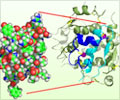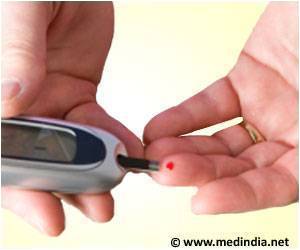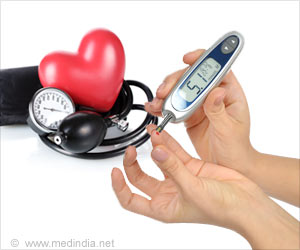
Enrichment of stem cell-derived pancreatic beta-like cells and controlled graft size through pharmacological removal of proliferating cells
Go to source).
Incidence of Type 1 Diabetes
More than 8 billion people worldwide live with Type 1 diabetes (T1D) (2✔ ✔Trusted SourceDiabetes
Go to source) according to recent estimates. In T1D, the so-called beta cells in the pancreas do not make enough of the hormone insulin due to the destruction of beta-cells by the immune system leading to blood sugar levels rising above normal levels. Over time, T1D can lead to severe organ damage. There is no cure for T1D, and the standard treatment is daily supplementation of insulin, but some patients have difficulties maintaining their blood sugar levels within the normal range and risk developing complications from the disease. An alternative treatment option being investigated for T1D patients is the transplantation of beta-cells, and news reports of a recently initiated clinical trial (Vertex NCT04786262) has generated hope that stem cell-derived beta-cells could become an alternative and renewable treatment for patients with T1D, addressing the constant shortage of cadaveric beta cells.
‘Stem cells derived beta cells transplants may be effective in treating patients with type 1 diabetes.’
Tweet it Now
In recent years, researchers have made great progress in generating large numbers of stem cell-derived beta cells (sBCs) in the lab, but current methods to make mature, functioning sBCs and to remove any remaining residual stem cells which may cause tumors in patients are costly and labor-intense, and therefore difficult to implement in large scale. A recent study published in the journal Stem Cell Reports has now come up with a simple method to address those issues. In their work, Holger Russ and colleagues from the University of Florida, USA, found that dividing and potentially tumorigenic non-BCs can be eliminated from sBC cultures by a brief treatment with a chemotherapeutic drug. This method not only prevented graft overgrowth and tumor formation after transplantation into diabetic mice but also enhanced the maturation and functionality of sBCs.
References:
- Enrichment of stem cell-derived pancreatic beta-like cells and controlled graft size through pharmacological removal of proliferating cells - (https://www.cell.com/stem-cell-reports/fulltext/S2213-6711(23)00189-3)
- Diabetes - (https://www.who.int/news-room/fact-sheets/detail/diabetes)
Source-Eurekalert










